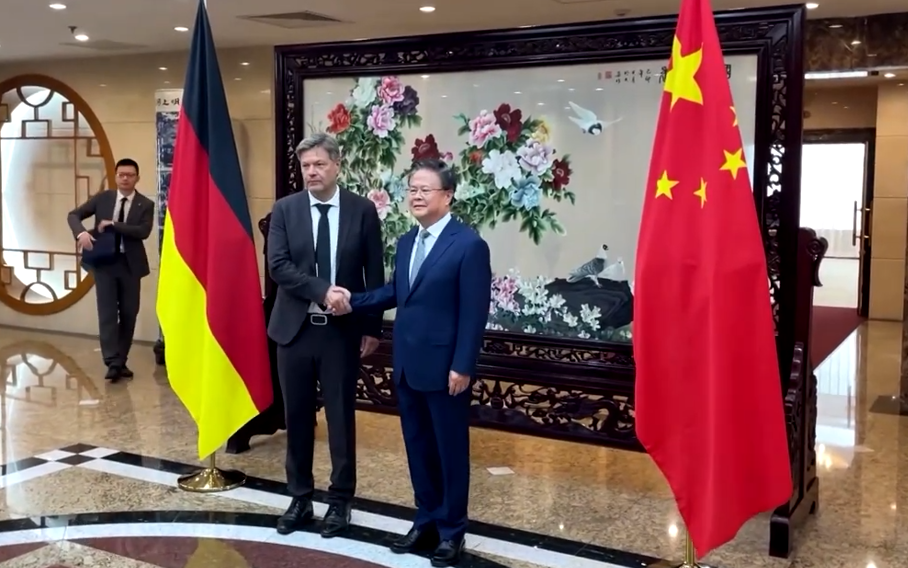BEIJING – During his current visit to China, German Minister of Economic Affairs Robert Habeck has initiated discussions with EU Trade Commissioner Valdis Dombrovskis about the commencement of negotiations on the punitive tariffs on Chinese electric cars considered by the European Union. This development marks a turning point in the tense trade dispute between the EU and China, which revolves around the subsidization of the Chinese electric car industry and the resulting competitive distortions.
The EU Commission had previously published plans according to which Chinese electric cars should be subject to tariffs if no other solution is found with China. The EU accuses Beijing of unfairly subsidizing battery-powered cars, which could inflict economic damage on manufacturers within the EU. The willingness to negotiate on both sides is welcomed by German business associations, as fair competition for all market participants is the goal.
The coming weeks will show whether an agreement can be reached that effectively counters harmful subsidies and at the same time strengthens global trade and relations between the EU and China.
Planned tariffs of up to 38 percent
The main points of the trade dispute between the EU and China over electric vehicles focus on the punitive tariffs proposed by the EU Commission and the associated allegations of market distortion. The EU accuses China of unfairly subsidizing its electric car industry, which could harm European manufacturers. In return, China threatens with retaliatory measures that could lead to a trade war.
The planned tariffs could be up to 38 percent and would particularly affect large Chinese manufacturers like BYD, which are already present in the European market. However, these measures could be counterproductive for European consumers, as they could lead to higher prices for electric cars and hinder electromobility in the EU.
China plans retaliatory measures
In response to the EU’s announcement of imposing tariffs on electric cars, China has initiated an anti-dumping investigation. This investigation is seen as a direct response to the measures proposed by the EU and could be considered a precursor to further retaliatory actions. Moreover, China has threatened to file a lawsuit with the World Trade Organization (WTO) if the EU implements its plans. These developments indicate an escalation of trade tensions between the two economic powers, which could have far-reaching consequences for the global automotive industry and supply chains. (hz)

